DALLAS — Spirit Airlines (NK), having recently emerged from bankruptcy, is actively opposing the proposed 'Blue Sky' partnership between JetBlue (B6) and United Airlines (UA).
In a formal complaint to the U.S. Department of Transportation (DOT), NK argues that this alliance raises significant competition and public interest concerns, drawing direct comparisons to the now-defunct Northeast Alliance (NEA) between B6 and American Airlines (AA).
Spirit’s Main Arguments
As per a Reuters report, NK contends that the B6–UA partnership would make the former a “de facto vassal” of the latter. The concern is that B6, attracted by UA’s vast network, would lose its pricing independence and operate more as a subsidiary, reducing competition in key markets.
Spirit also warns that the alliance could neutralize the competitive benefits provided by low-cost carriers like itself, especially in congested markets such as New York (JFK) and Boston (BOS). The partnership could make it harder for new entrants and smaller carriers to access these key airports, thereby further entrenching the dominance of legacy carriers.
Additionally, NK says the proposed arrangement would allow passengers to book flights and earn or redeem points across both airlines’ loyalty programs. The argument here is that this loyalty reciprocity could force B6 to purchase UA miles, potentially leading to higher fares for consumers as costs are passed along.
Finally, NK draws a parallel to the failed NEA as precedent. A federal judge ruled that the NEA violated antitrust laws by allowing AA and B6 to coordinate schedules, share revenues, and reduce competition in the Northeast. NK claims the Blue Sky alliance mirrors the NEA’s anticompetitive elements, particularly in how it could coordinate corporate accounts and loyalty programs in constrained airport markets.
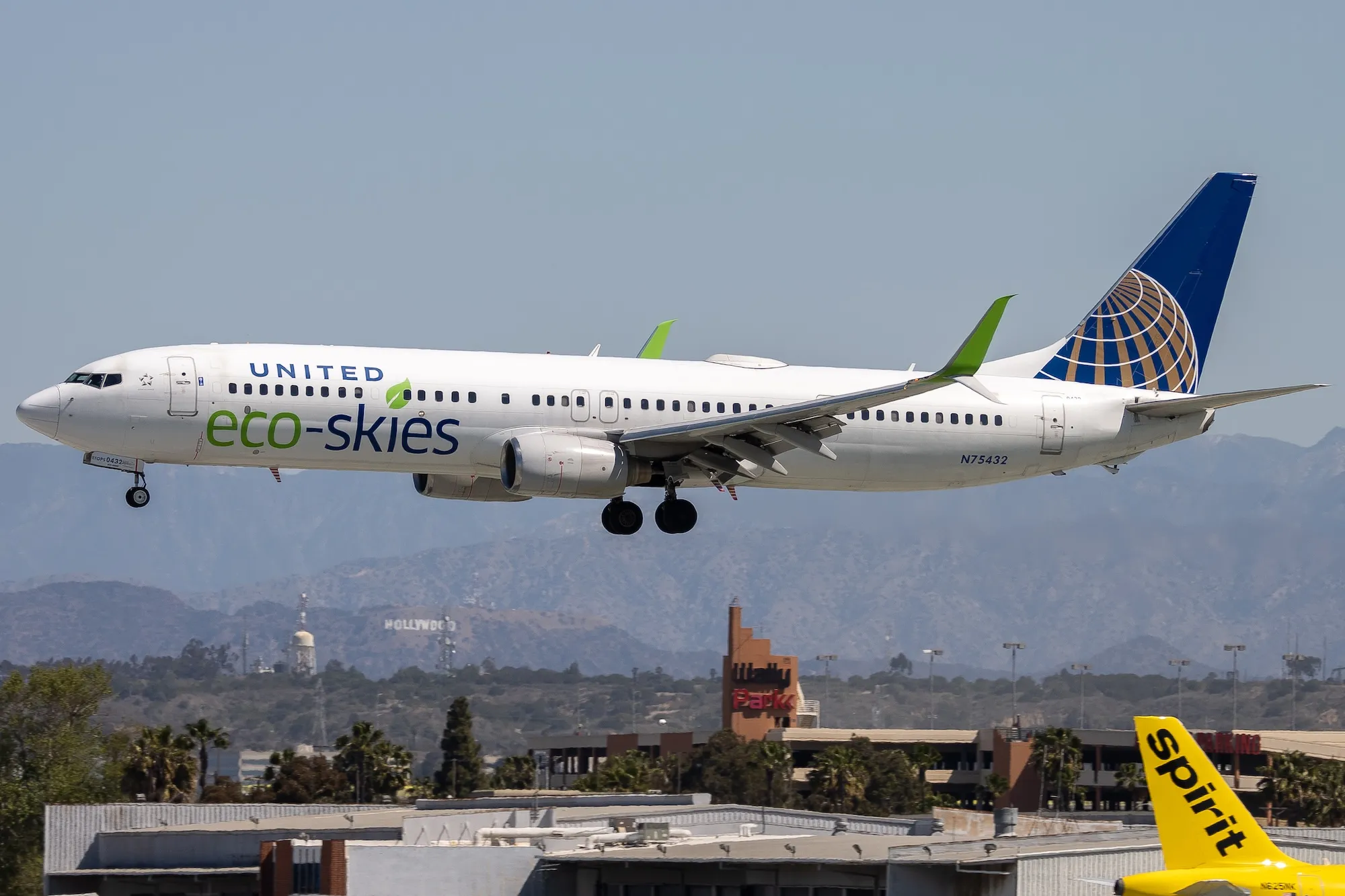
Blue Sky vs NEA
Blue Sky, as currently proposed, is more limited than the NEA. It relies on interline agreements rather than codesharing, and does not include revenue sharing or joint scheduling, which were key factors in the NEA’s downfall. Each airline will continue to publish and market flights separately under their own brands and flight numbers.
For now, NK has requested that the DOT extend the review period and open the proposal to public scrutiny, citing UA’s previous support for transparency during the NEA case. The Miramar, Florida-based budget carrier insists that similar regulatory rigor should be applied to this new alliance.
The failed NEA would have created a third strong competitor against UA and Delta Air Lines (DL). However, the Blue Sky alliance will most likely reinforce UA’s dominance.
If approved, the Blue Sky alliance could strengthen UA’s already dominant position in the New York metro area, while reducing B6’s opportunities to partner with other significant Northeast players.
Ultimately, NK is concerned that such alliances are anticompetitive, making it more challenging for LLCs to offer lower fares and maintain their market share, because NK, despite the many changes it has implemented post-bankruptcy, remains a budget airline.

.jpg)
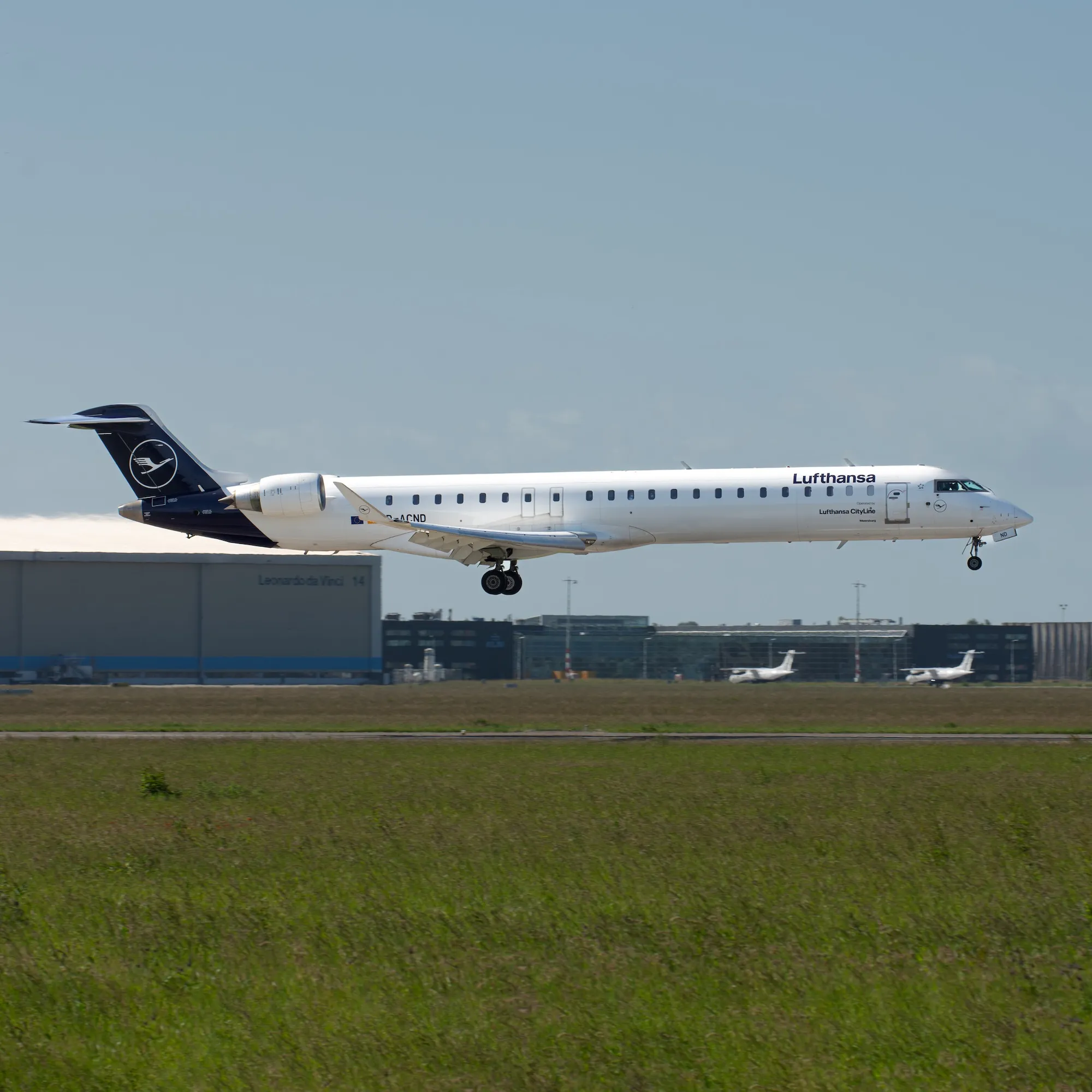
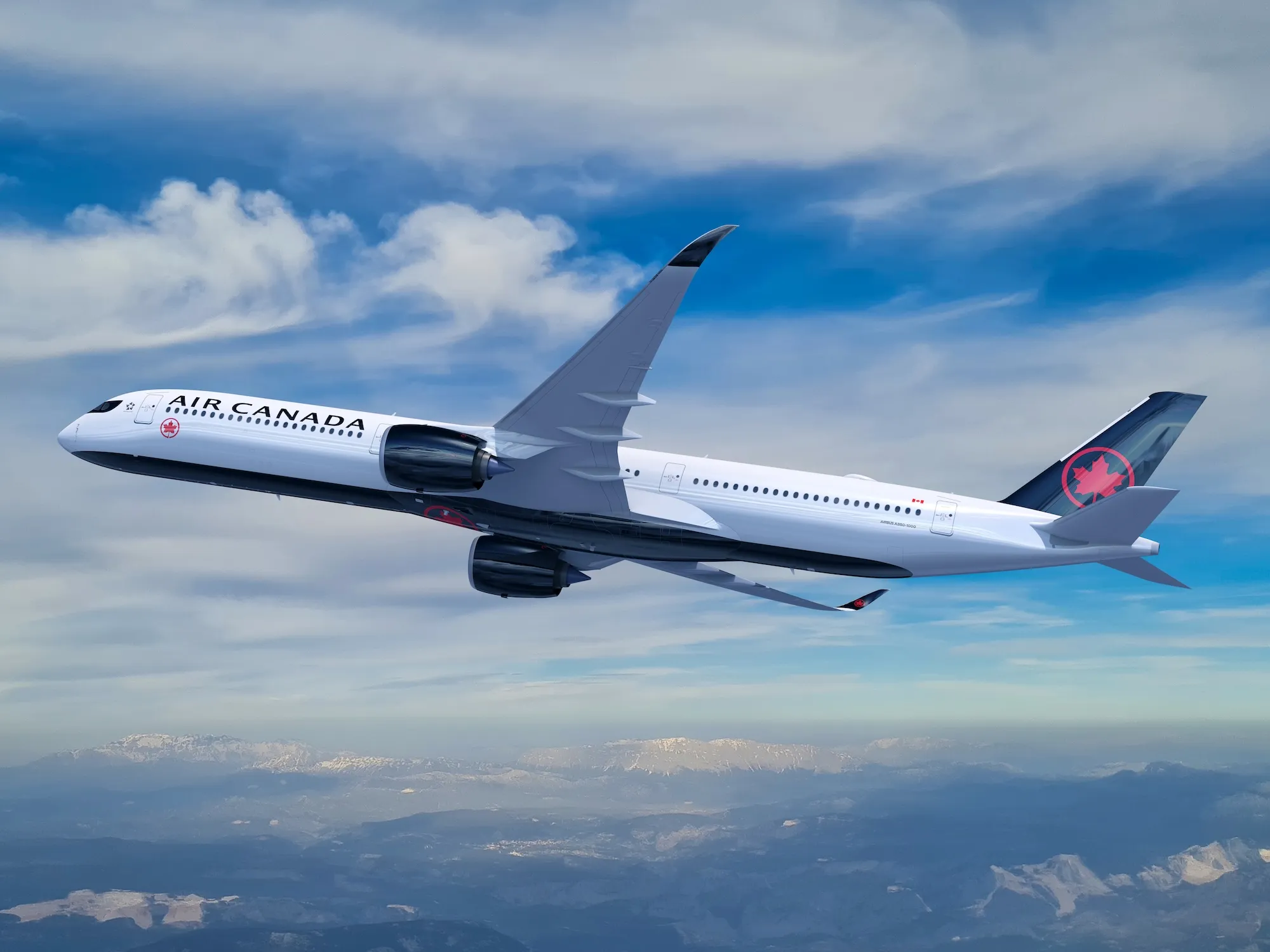
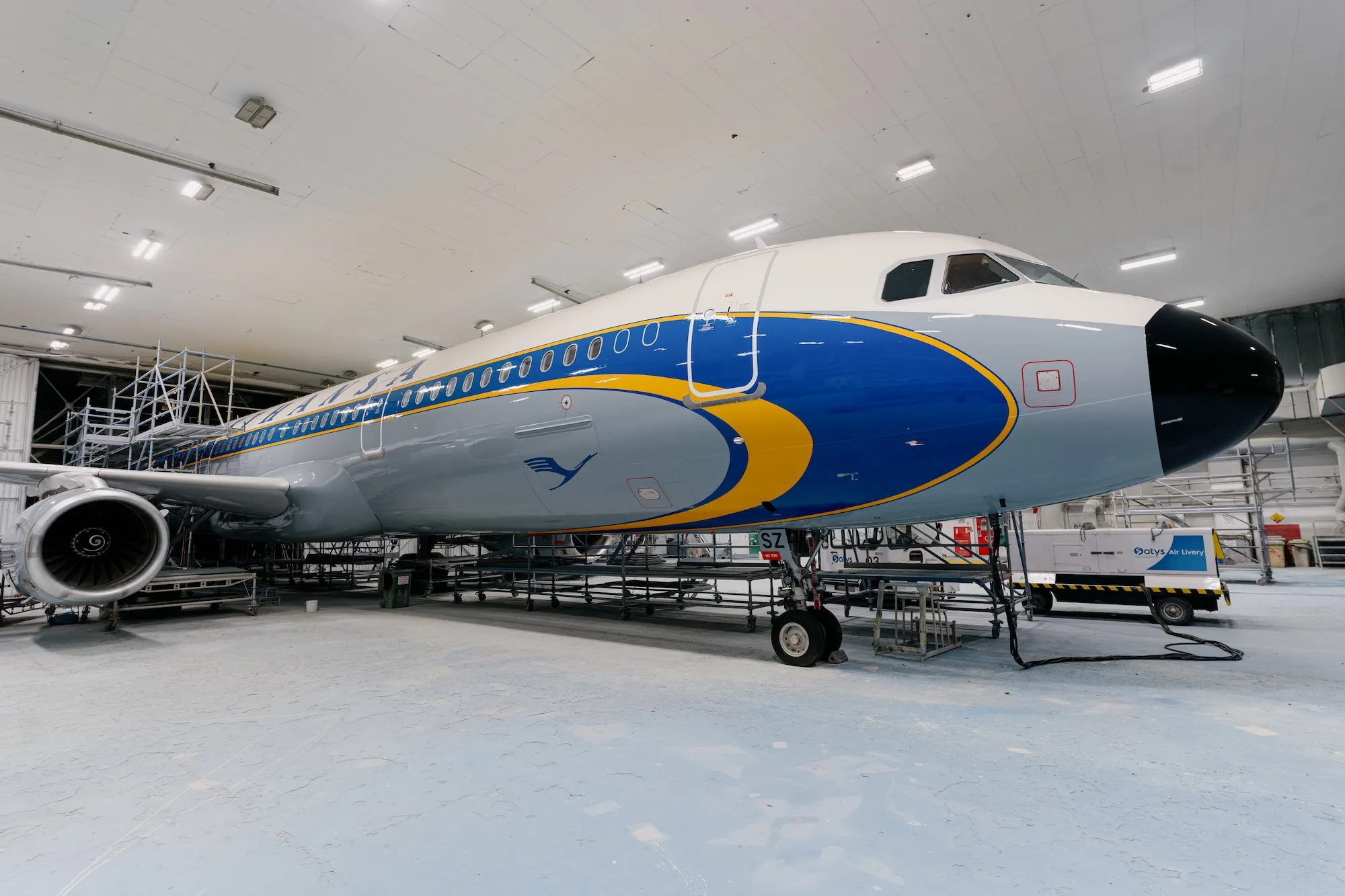
.webp)
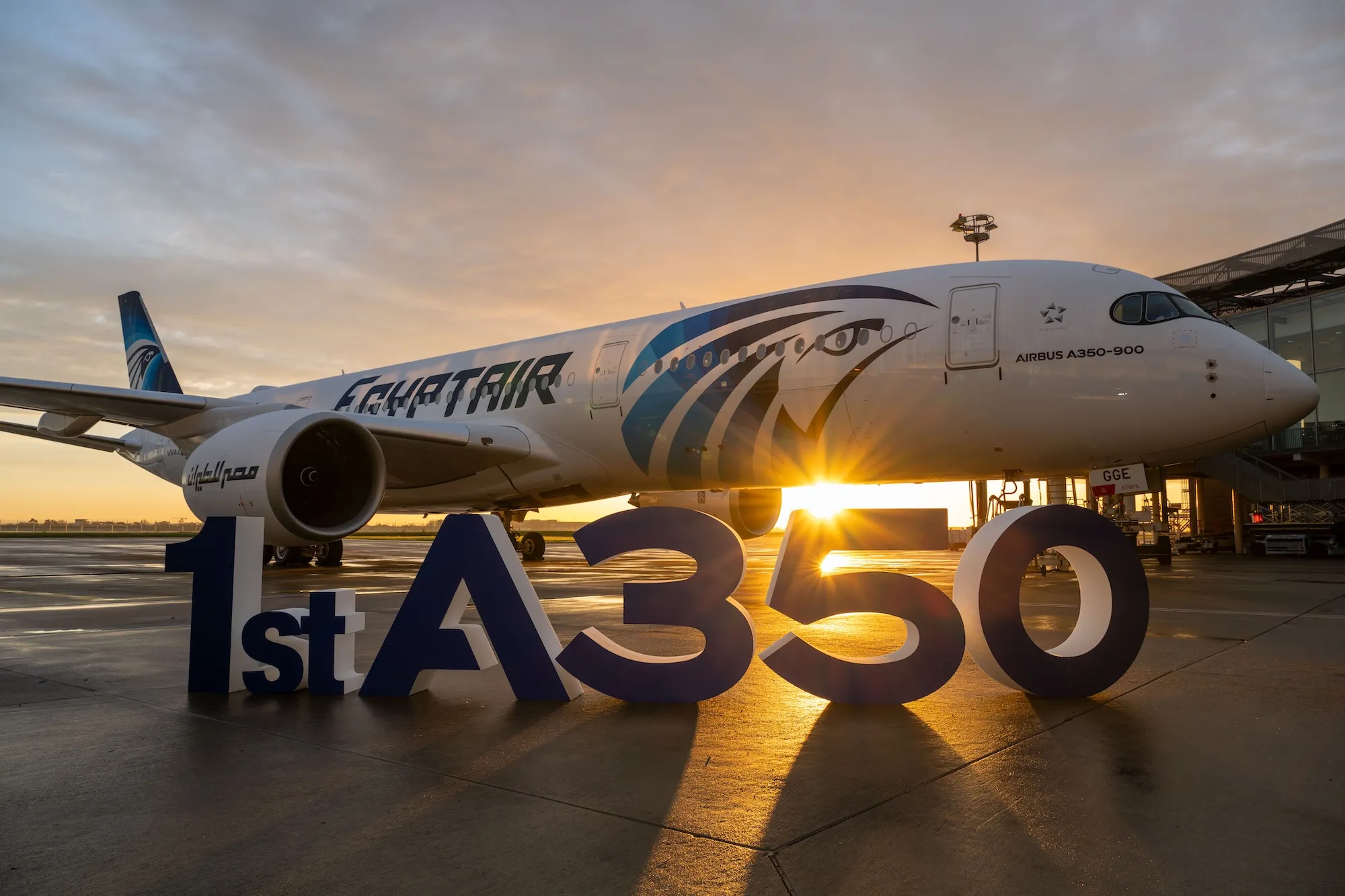
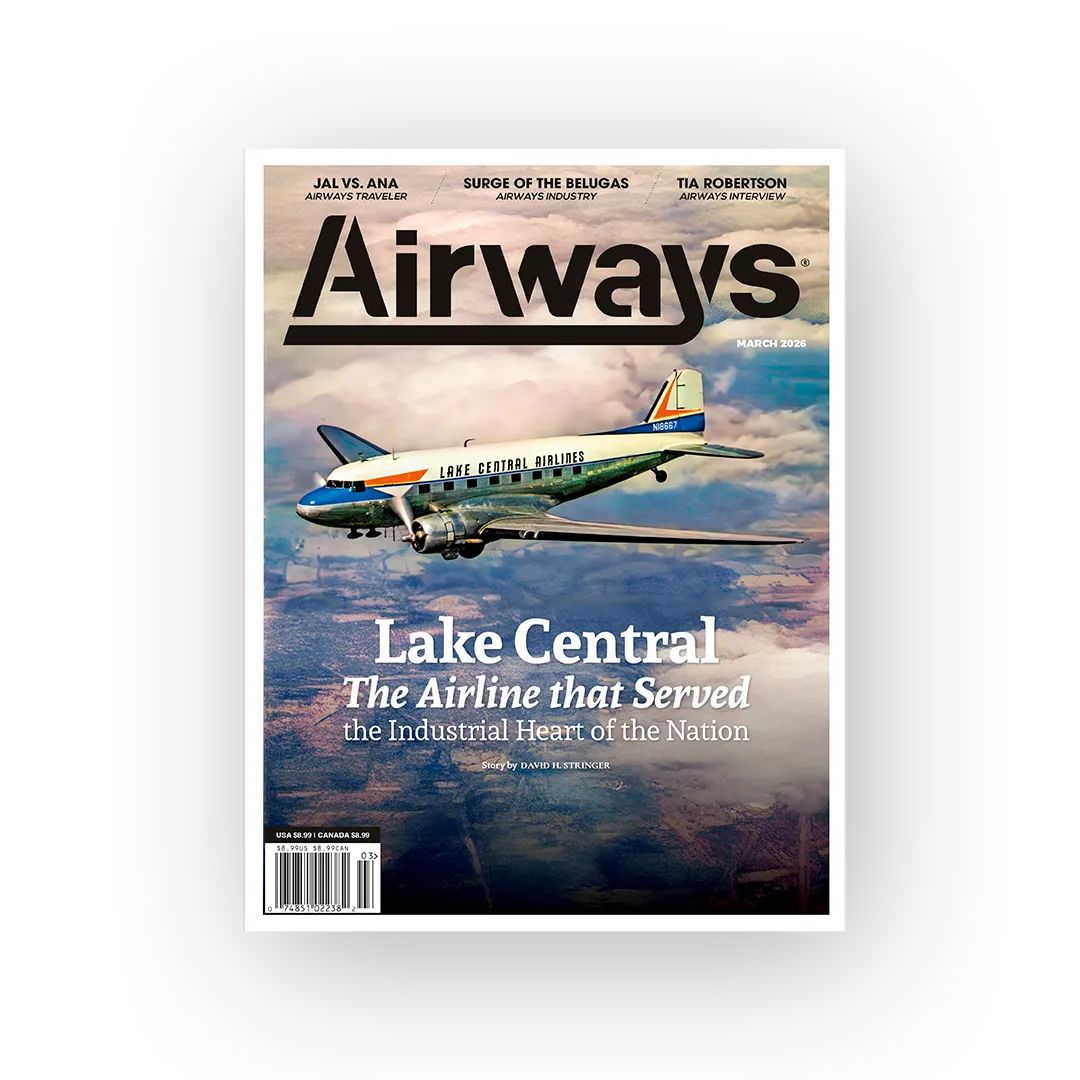

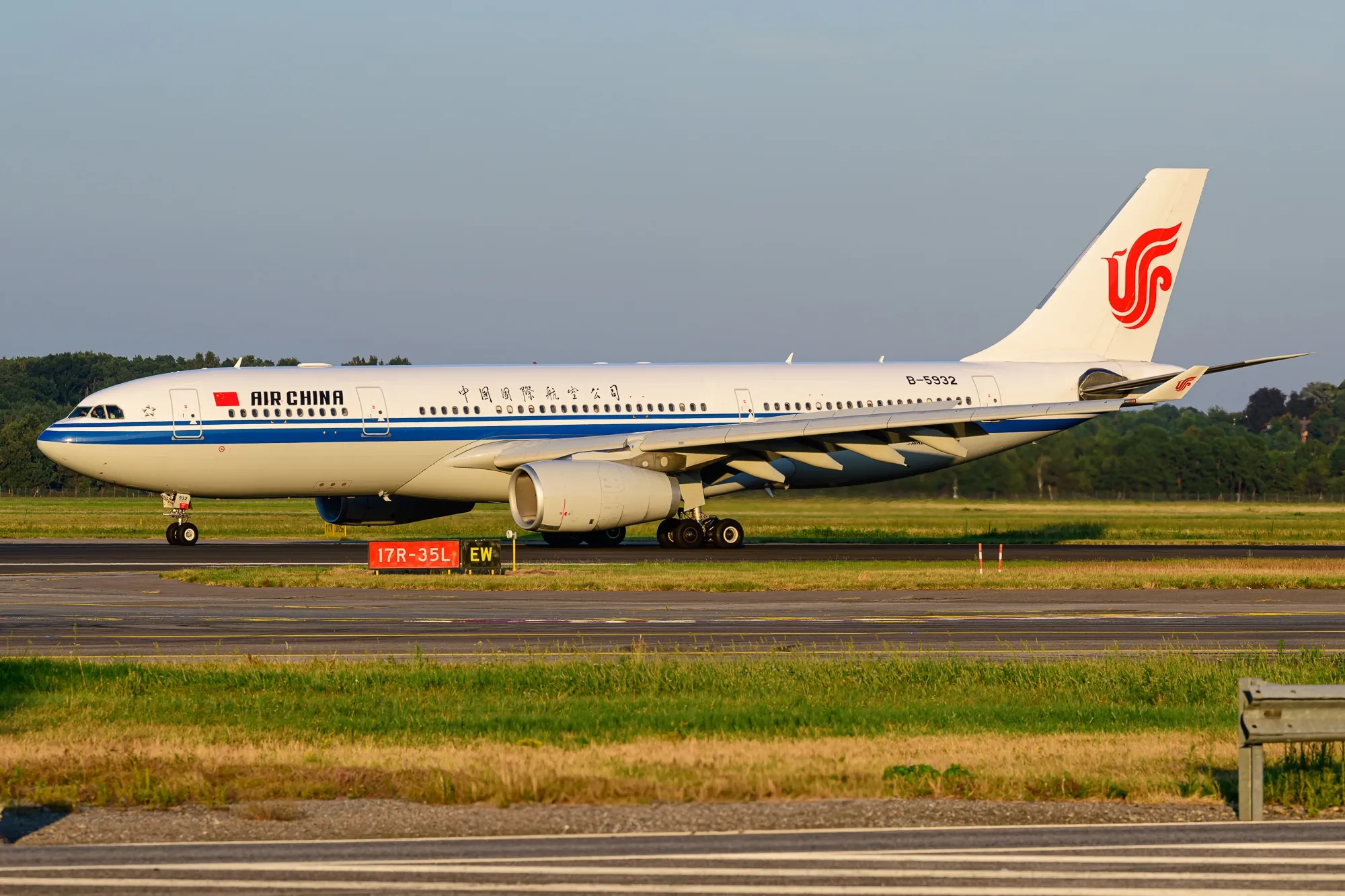
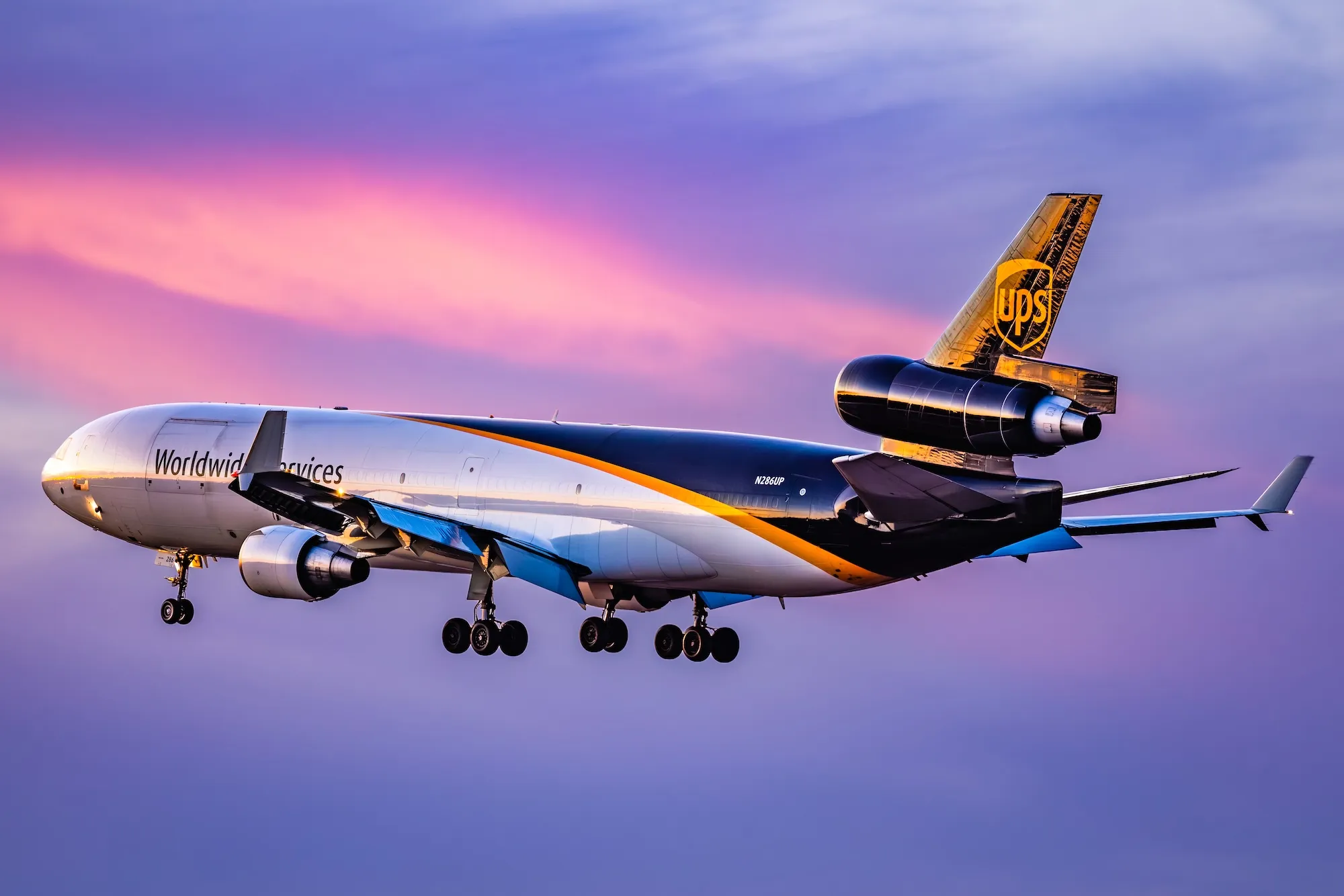
.webp)